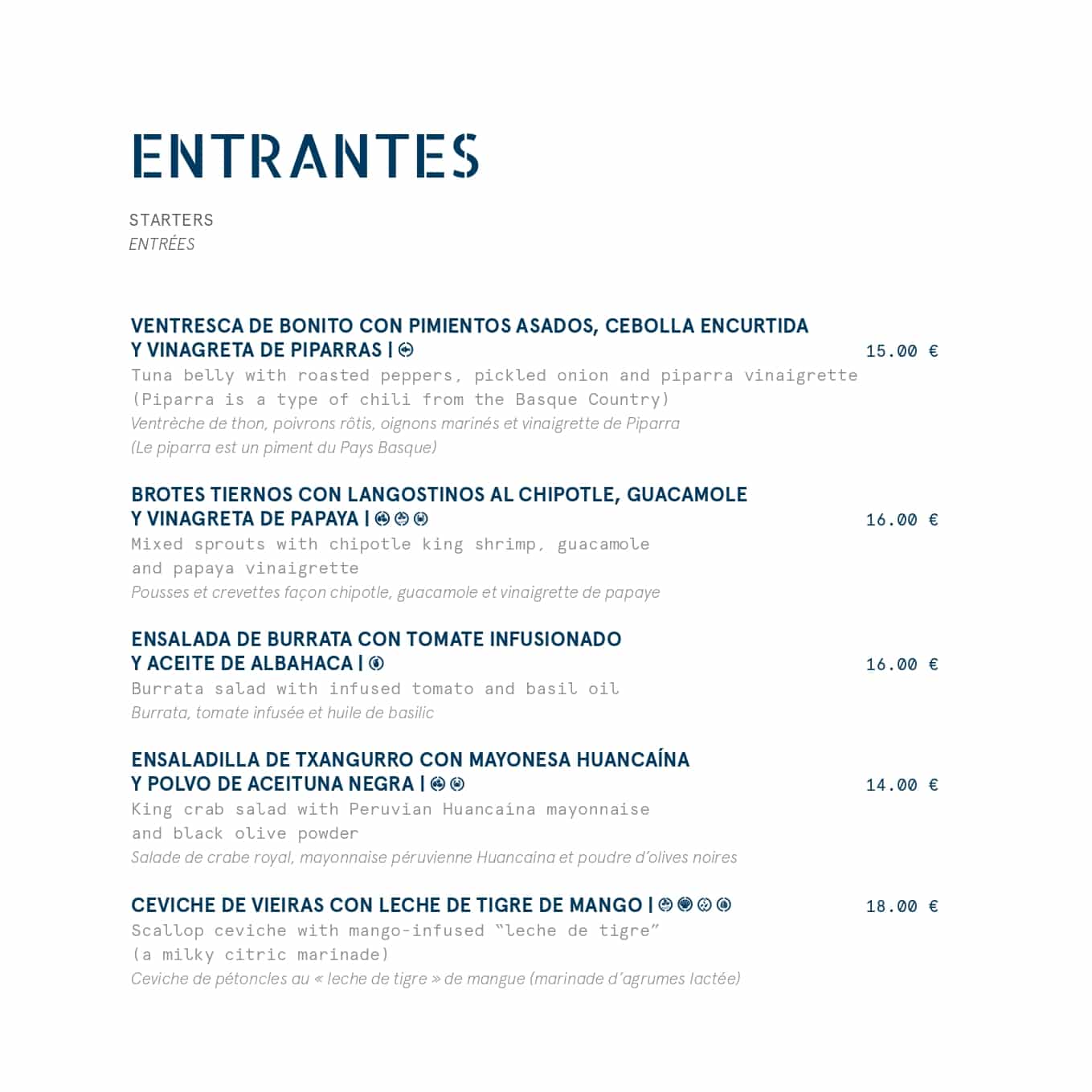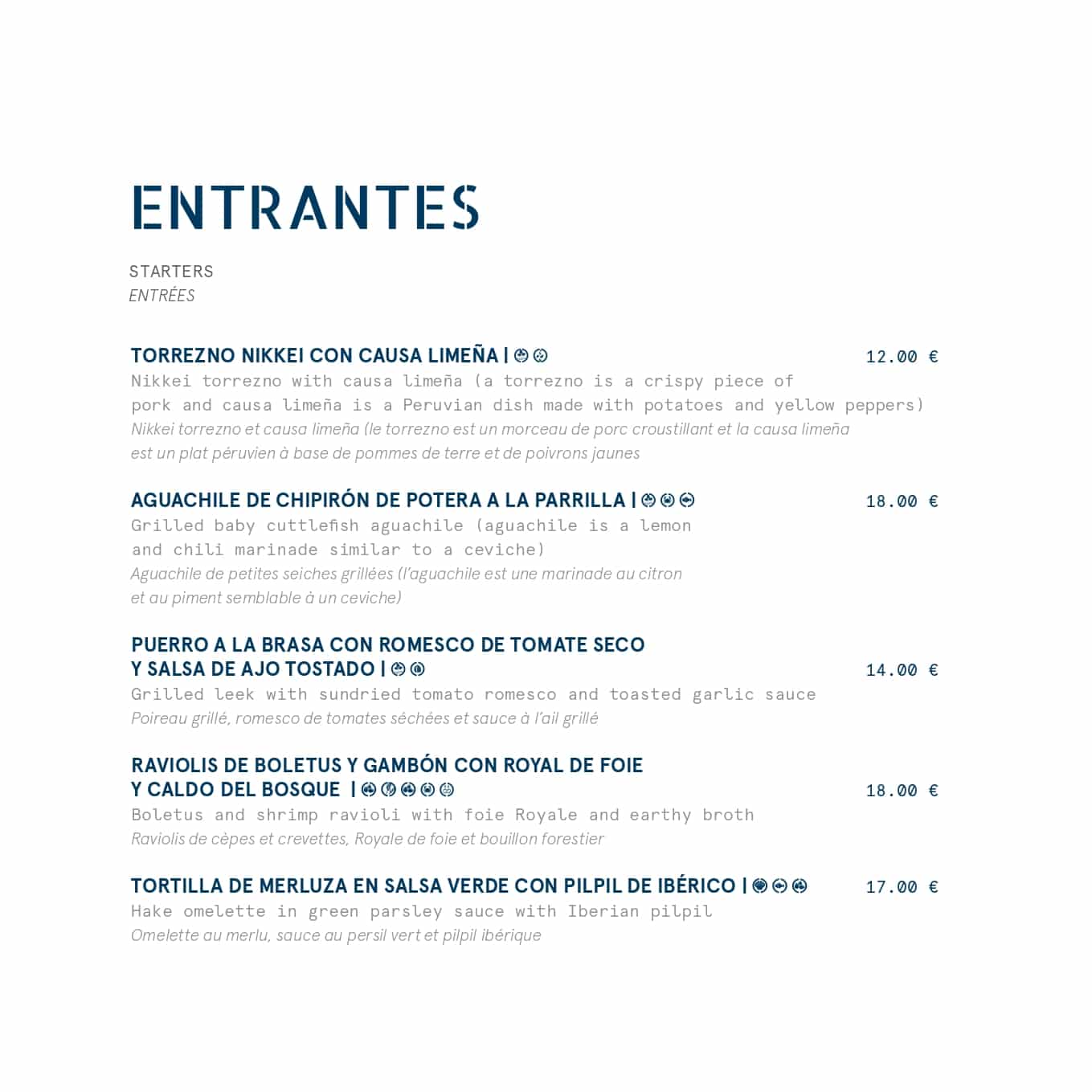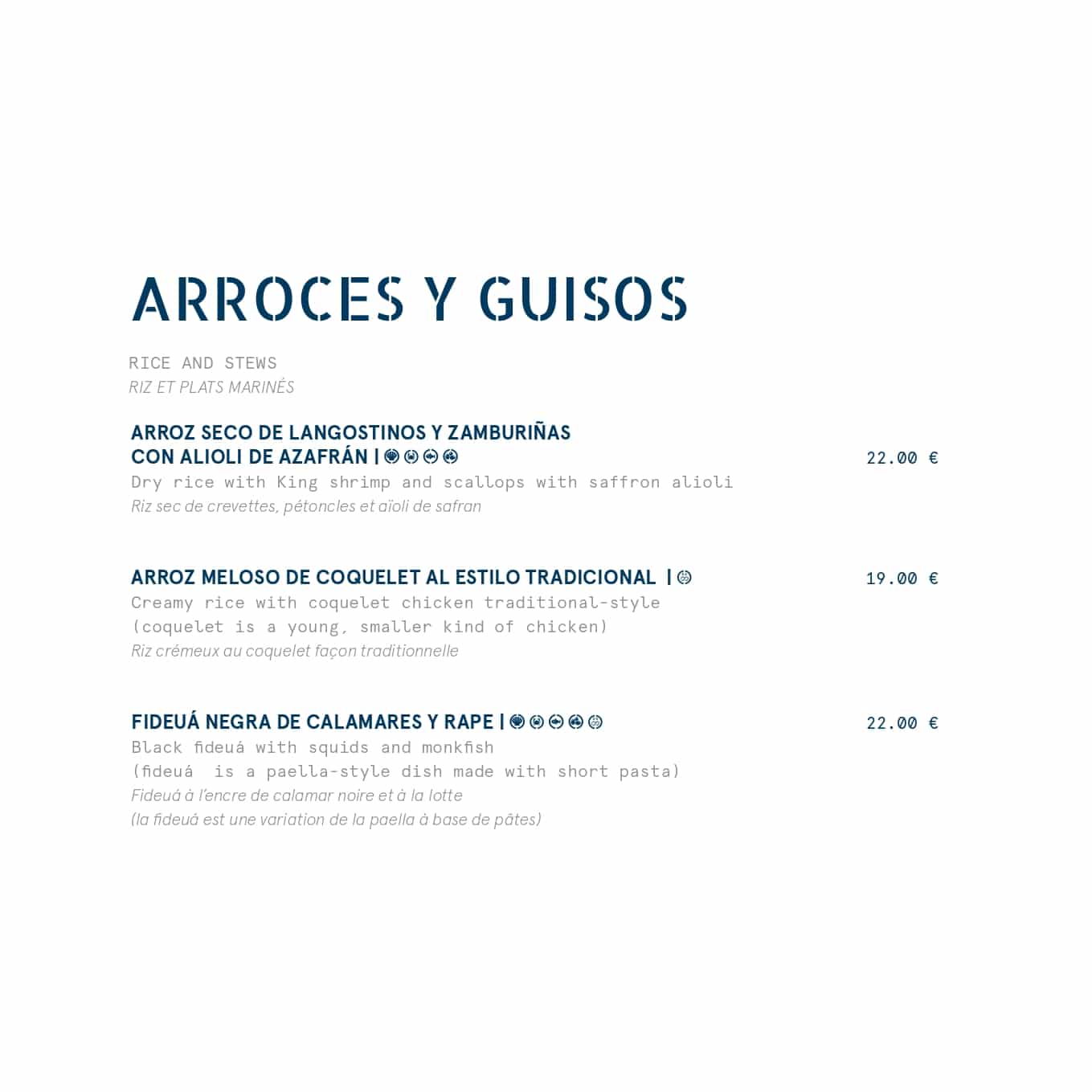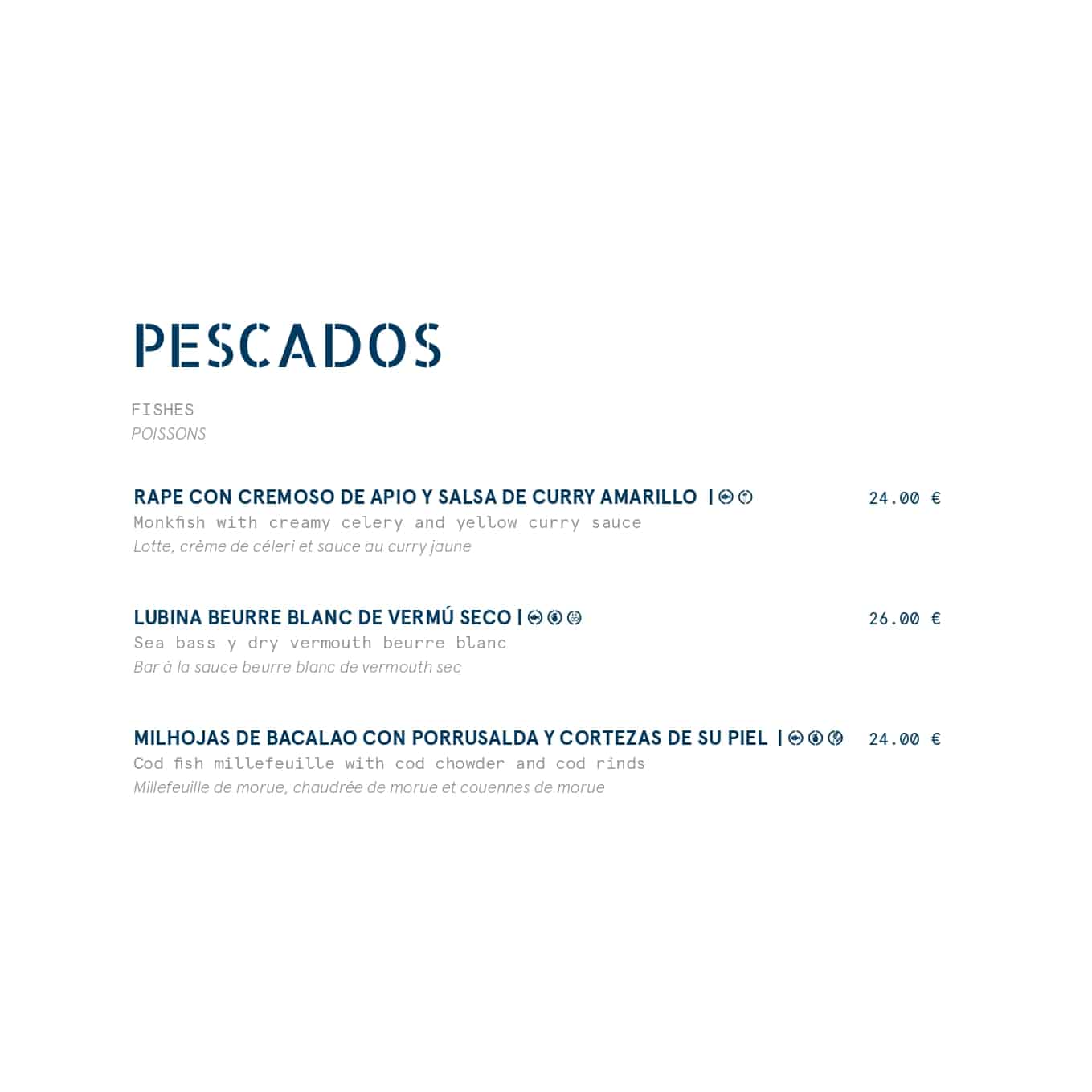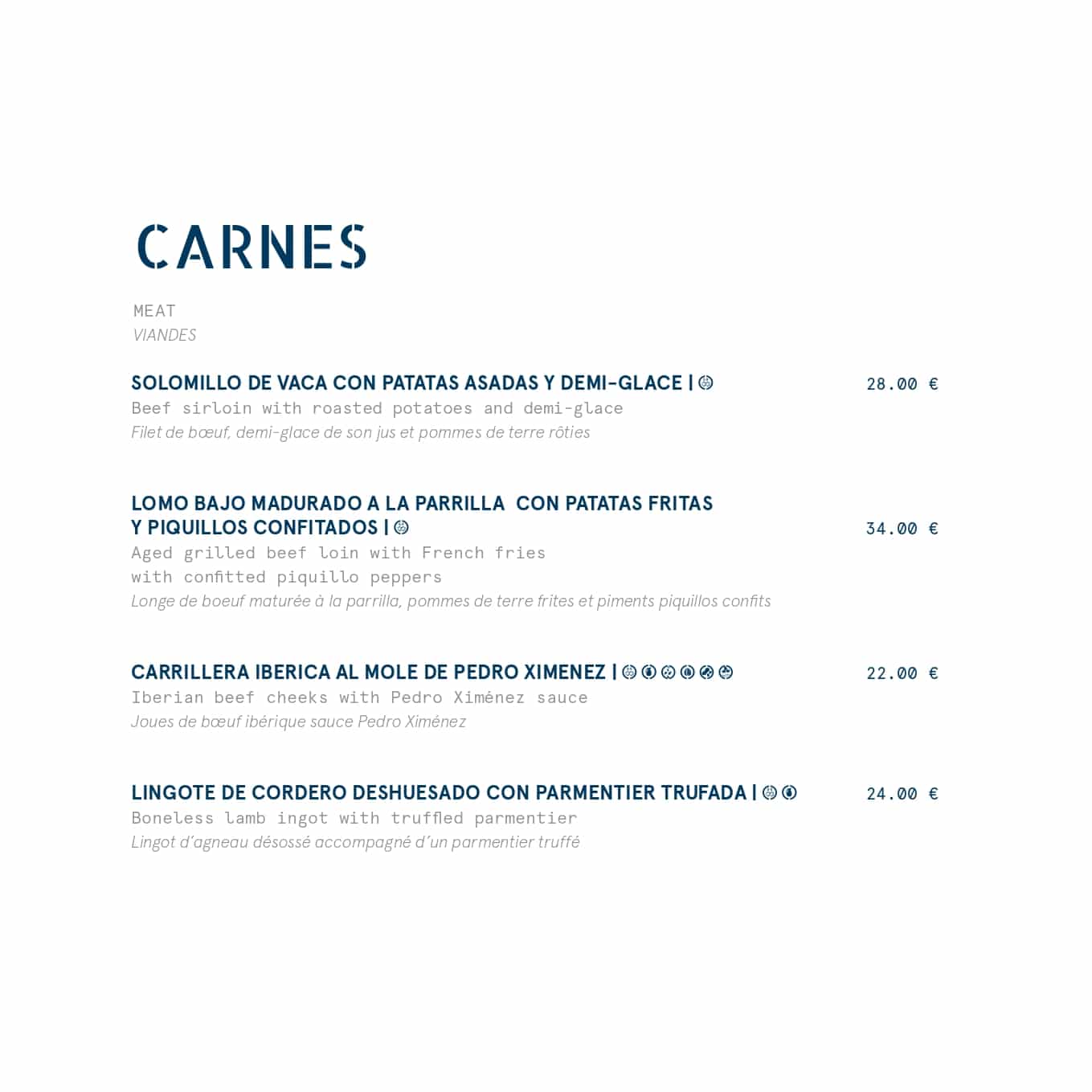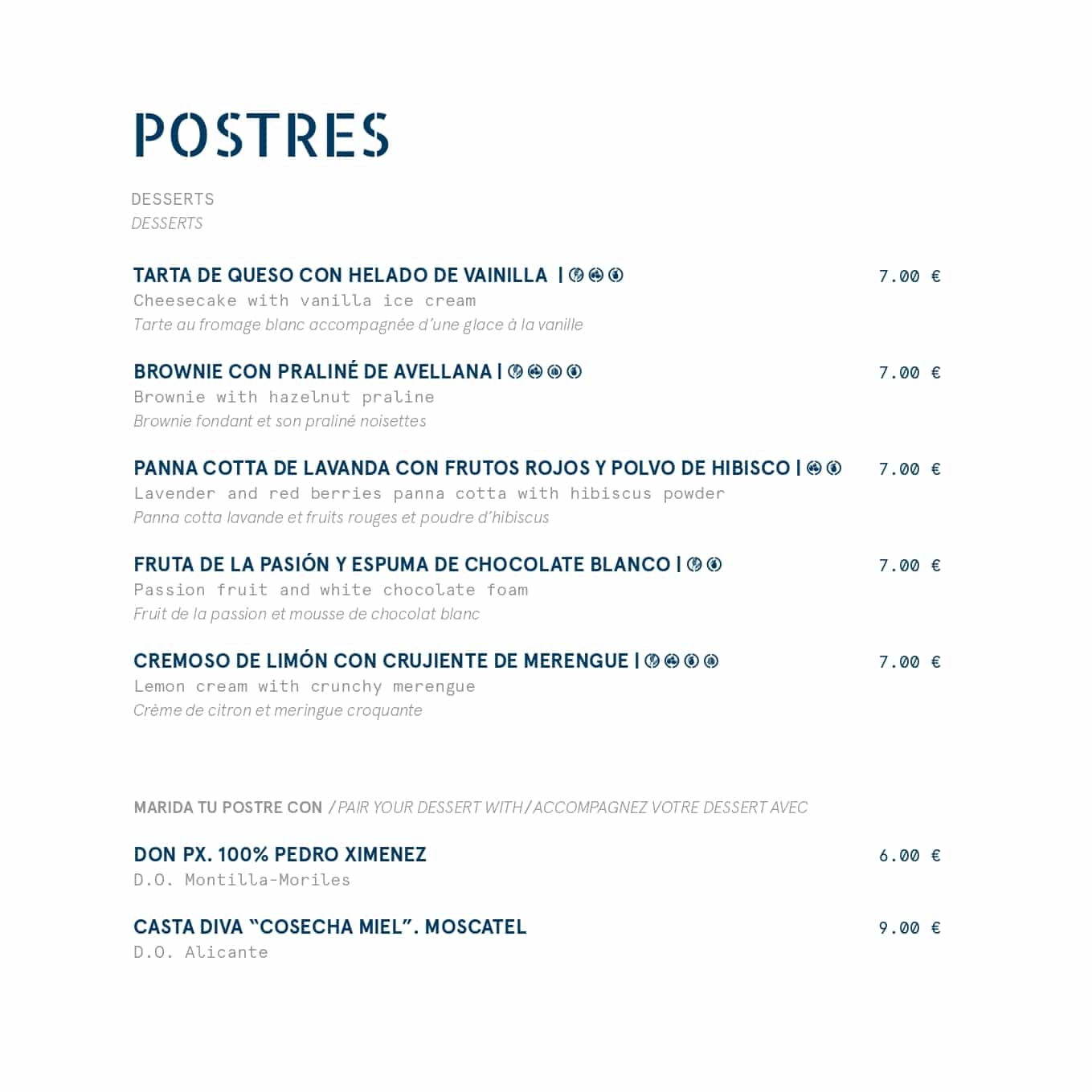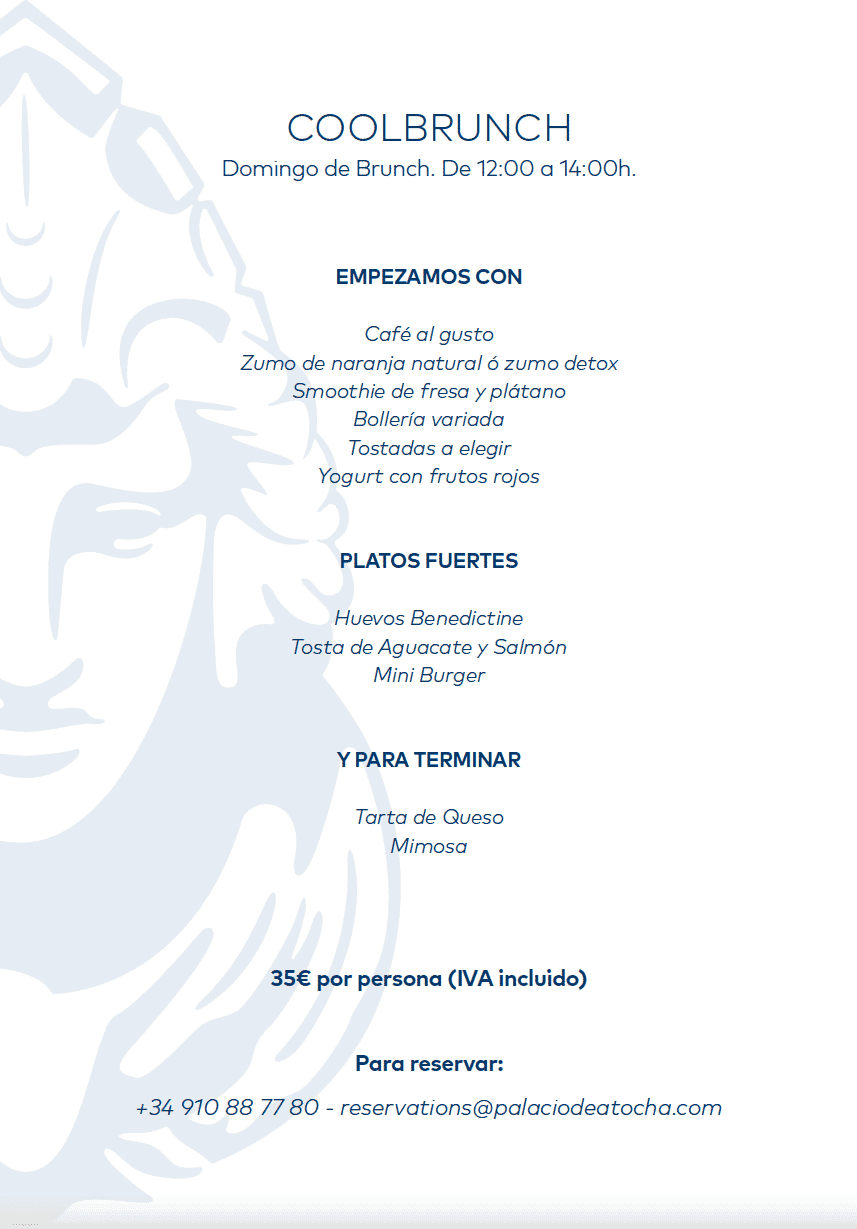
12 Nov 10 tips to be more eco-friendly
We are living a moment of change in many ways, but this is a fundamental and necessary change for the future. CoolRooms considers fundamental the application of a Sustainable Development strategy and apply concrete and measurable actions on a daily basis. Today we give you 10 easy tips to be more eco-friendly in every day life.
1. Eat seasonal and local produce

Seasonal food is fresher, tastier and more nutritious than food consumed out of season. It is better for your health and better for the planet. As being locally sourced, the food need little transport which means only a few items bruised during transport. It also means less plastics and less greenhouse gas emissions. Diego Alonso, Head Chef of CoolRooms restaurant carefully chooses the fruits and vegetables for his restaurant. «Go back to the roots and to the local product, recognized and recognizable in the proposal or recipe, with very attractive elaborations and recognizable for the palate»
2. Reduce food waste

Pincho of El 34, pinchos bar. 34, Atocha St.
Every year, one third of the food produced worldwide is literally thrown away. Today, several mobile applications are dedicated to fight against this global problem: this is the case of the app Too Good To Go. This application allows establishments such as hotels, restaurants and fruit stores to sell their daily uneaten at a reduced price through the app.
The 34, pinchos bar is one of the first bars in Atocha Street to have adopted this fight against food wasting.
3. Walking
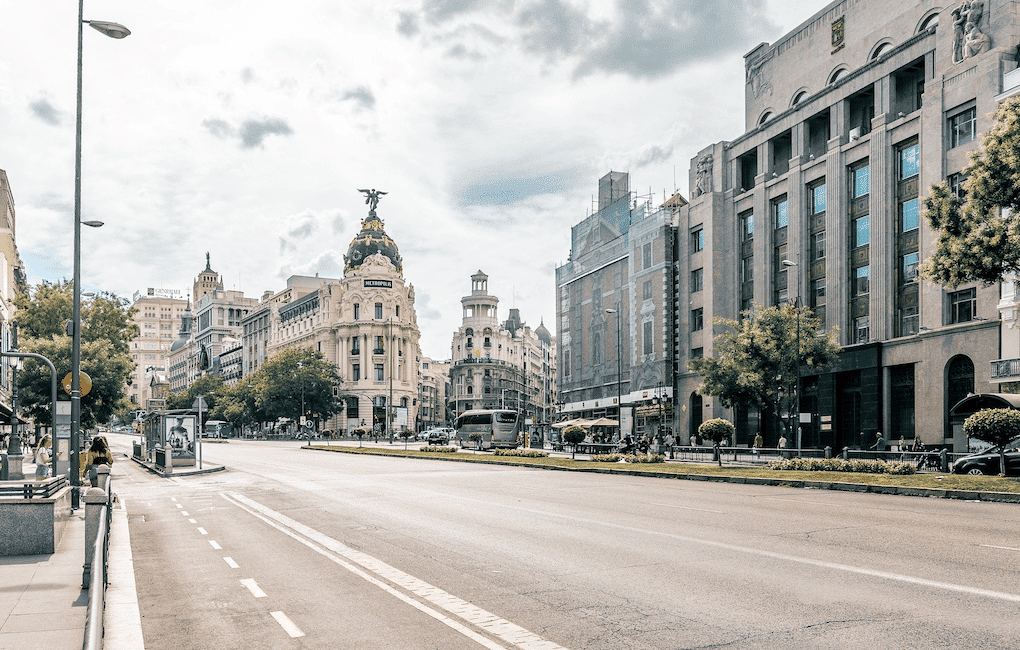
For small distances, minimize the use of the car and put your shoes on! In addition to being excellent for your health, walking is beneficial for the planet help fighting against climate change.
4. Adopt Slow Food philosophy

The concept of Slow Food is opposed to the concept of Fast Food. In response to this tendency to eat quickly, Carlos Petrini, the first promoter of the movement, decided to promote the slow food: natural products, local recipes and the sense of taste. Therefore, its symbol is a snail.
Diego Alonso, Head Chef of CoolRooms Atocha restaurant, has added to his menu a series of dishes with organic, seasonal and local products, thus reinforcing the concepts of Slow Food and inclusive cuisine with which our hotel has aligned.
5. Ban plastic straws

Choosing ecological straws in your daily life is a way to fight against the presence of plastics in the oceans.
Small and light, straws are very rarely found in recycling bins, a problem that can be seen on beaches. And although the straws are only a small fraction of the plastic that pollutes the oceans, their size makes them one of the most harmful polluters because they get entangled and sea animals and fish consume them. Our hotel has removed plastic straws from their tables.
6. Reduce your water consumption

Taking a shower with warm water and, above all, changing sometimes with cold water can help reduce the time you spend in the shower and, therefore, your water consumption. It also limits the energy consumption necessary to heat the water, which is good for the environment. Then, prefer the shower and leave the bathtub. The shower consumes much less water than the bathtub, enough to save water, as long as it doesn’t take long. Therefore, it is better not to lengthen the shower more than 5 minutes and not let the water run constantly.
7. Use energy-savings bulbs

Energy saving light bulbs have many advantages. First, they consume 75% less energy than conventional bulbs, and generally are adapted to all types of lighting that exist in our homes.
8. Buy local products

Buying local is buying green. More and more, consumers tend to buy national products, regional and local. Buying local products means avoiding much unnecessary pollution intermediaries such as transportation.
9. Take the train
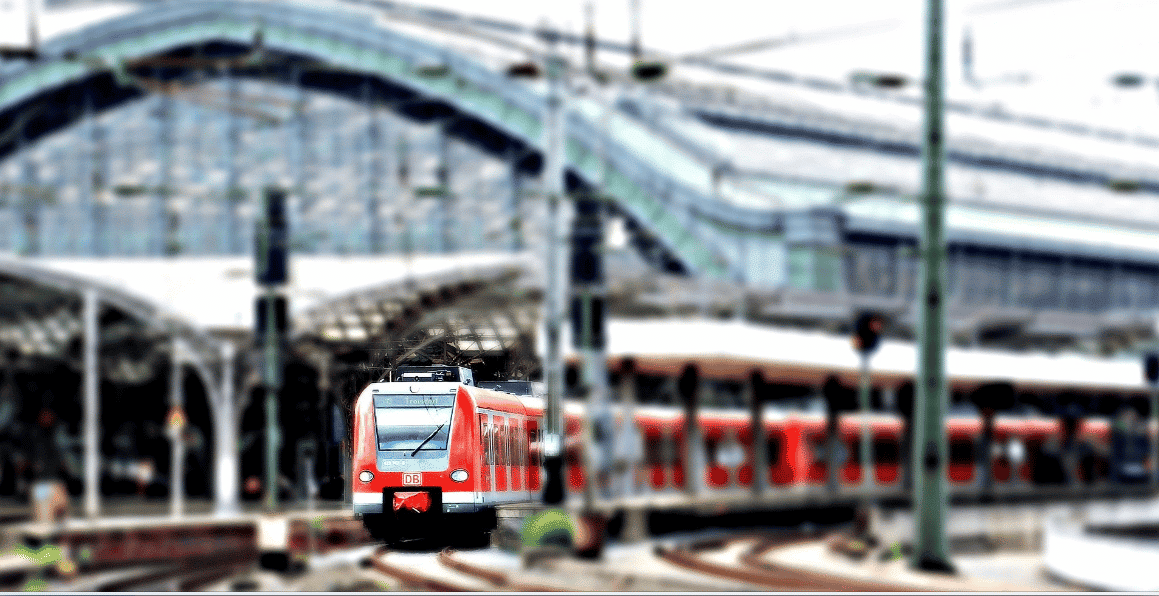
The train is one of the most ecological transport. For example, for a 500 km trip from Paris to Amsterdam, a train emits only 12 g of CO2 / km (compared to 242 g for the plane), a good score. Moreover, Spain´s AVE high speed train enables fast travel to and from all the major cities in Spain.
10. Calculate your carbon footprint
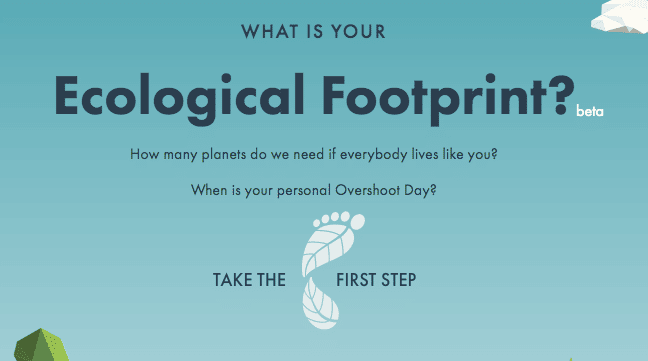
On Monday, July 29, 2019, the resource capacity of the entire planet was exhausted for the year. This means that by December 31, 2019, human beings are overexploiting the resources that planet Earth gives us. Spain already exhausted all its natural resources on May 28, half a month earlier than a year ago.
The carbon footprint is one of the most widespread ways of measuring the impact that any person or brand leaves on the planet throughout its life. Have you already measured its impact?
Start measuring your carbon footprint

 +34 910 88 77 80
+34 910 88 77 80 +34 650868269
+34 650868269


